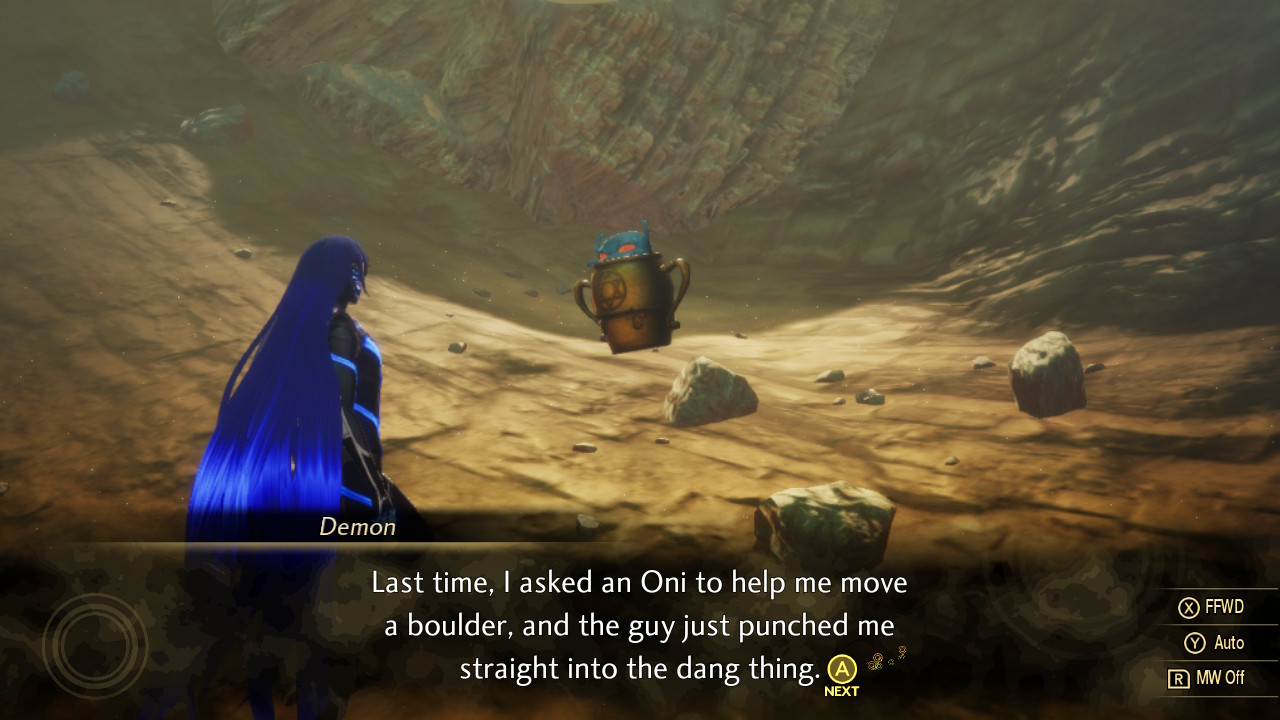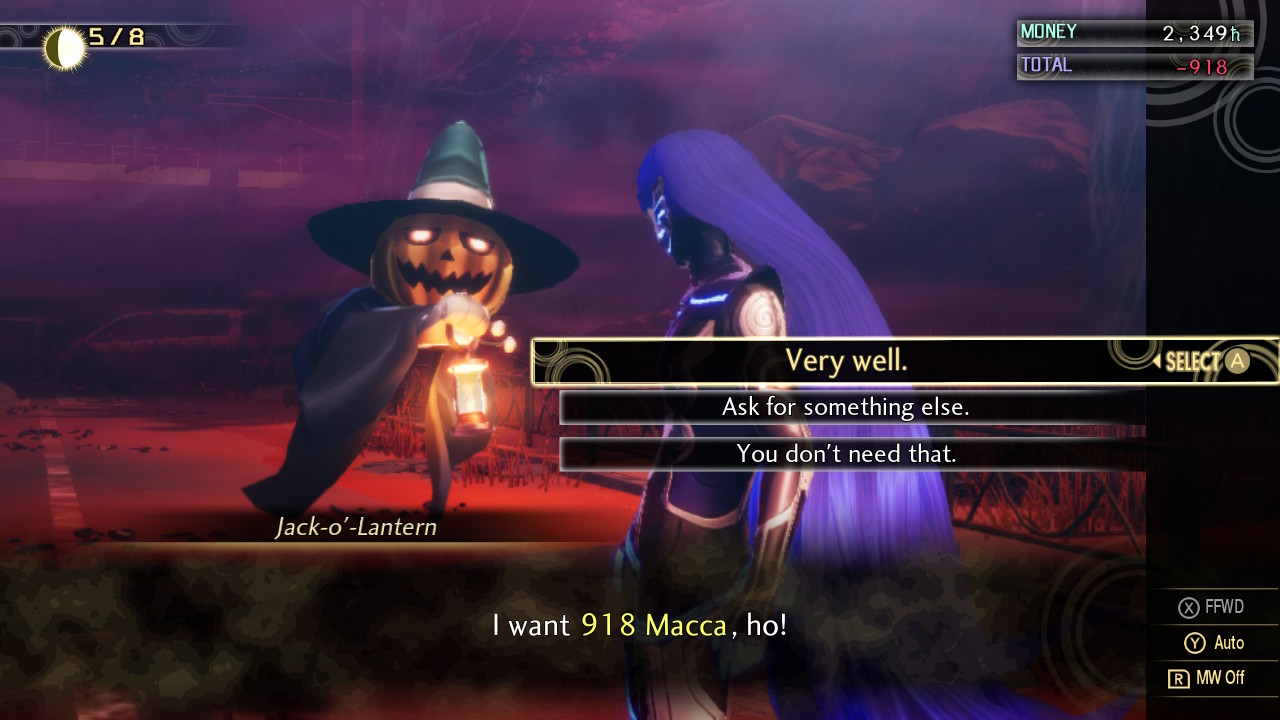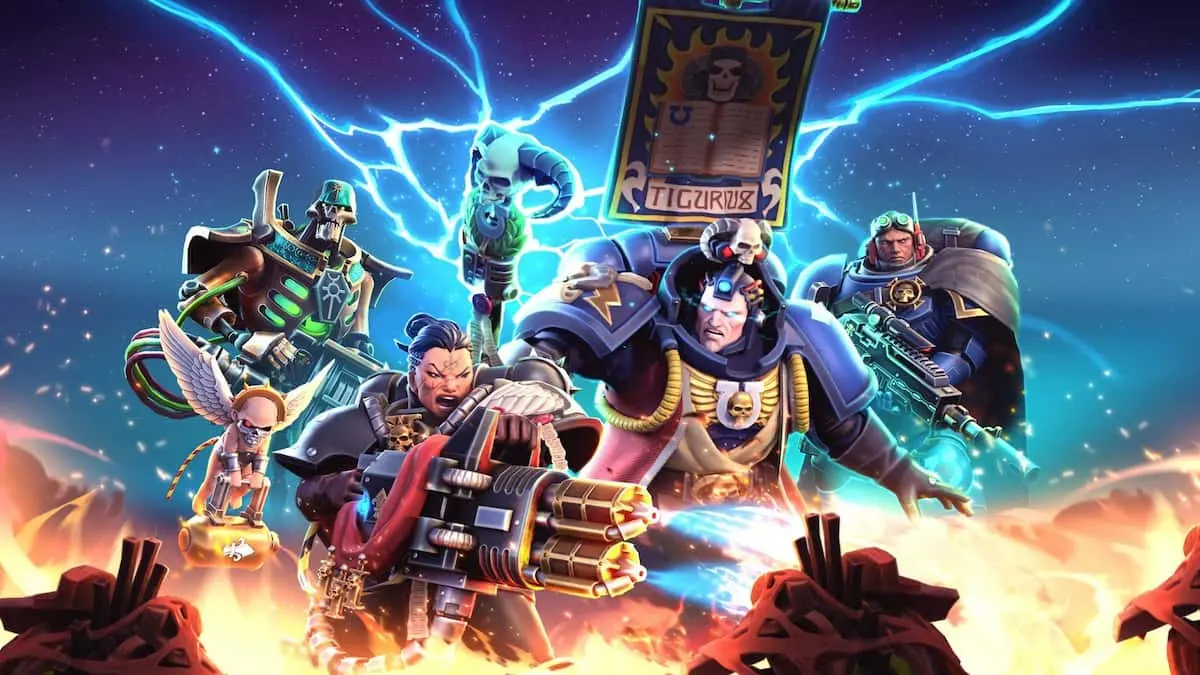Shin Megami Tensei V negotiation is a difficult but vital part of combat and expanding your demon roster. Negotiation is the only way to gain new demons aside from fusion, and you’ll quickly fall behind if you don’t recruit new demons in each new area.
Negotiations aren’t easy, thanks in large part to how random the conversations are. Still, there are some ways to make the most of it and (usually) come out on top.
Shin Megami Tensei V Negotiations Explained
The most important thing to understand about negotiations in Shin Megami Tensei V is that they’re completely random. The questions you’re asked are random, and while there are some basic patterns that demons follow based on their type, their reactions are still ultimately arbitrary.
I had several negotiations where a question-and-response that elicited a favorable reaction from one demon earned a very negative response the next time I spoke with the same demon in the same fight.
Still, there are some rules that normally apply. For example, the more intense demons — Brute or Foul — scoff at weak responses, while playful ones, such as Fairy or Jirai — prefer lighthearted responses.
Negotiation usually has two phases. The first is where you speak with the demon, and if that goes well, they’ll demand things from you. In most cases, they’ll ask for Macca or common items, such as Life Stones or Amrita Sodas.
Randomness governs this process as well. You can:
- Agree
- Tell them to ask for something else
- Decline the demand
Normally, you’ll have two or so chances to say “ask for something else,” though sometimes a demon takes offense the first time you say it. If your HP is high, turn down requests for inordinate amounts of money and demands for rare items.
You can instigate another negotiation easier than you can recoup those losses. As far as I can tell, a demon’s personality has no effect on this part of the process.
Most veteran SMT players recommend you never give Macca, though if you can spare a thousand or two, it does make the process smoother.
Since there’s almost no guarantee how a conversation will go with any demon, it’s best to heal up before speaking with them. Hostile endings cost you a turn, but if the demon decides it wants to kill you, you lose all turns and the enemy phase begins.
Negotiation Exceptions
“Almost” is key, as there’s one instance where you might have a demon join you without the hassle. Often during a full moon, you can skip the first phase of negotiation and move straight to the demands. During a new moon, however, demons are too depressed to speak, and you can’t recruit any. I had this happen a few times during a full moon too, though less frequently.
After you’ve cleared a few Abscesses, you’ll unlock the Intimidation Miracle. There’s a chance demons with low health will beg for mercy, and you can tell them to join you without having to go through the negotiation process.
That’s all you need to know about negotiation in Shin Megami Tensei V. It’s a hassle, but as we said in our tips guide, it’s more convenient and feasible than throwing mountains of Macca at Sophia’s compendium. And that’s just the start of our ineffable wisdom. Check out our other Shin Megami Tensei V guides for more tips and tricks.









Published: Nov 10, 2021 06:42 pm